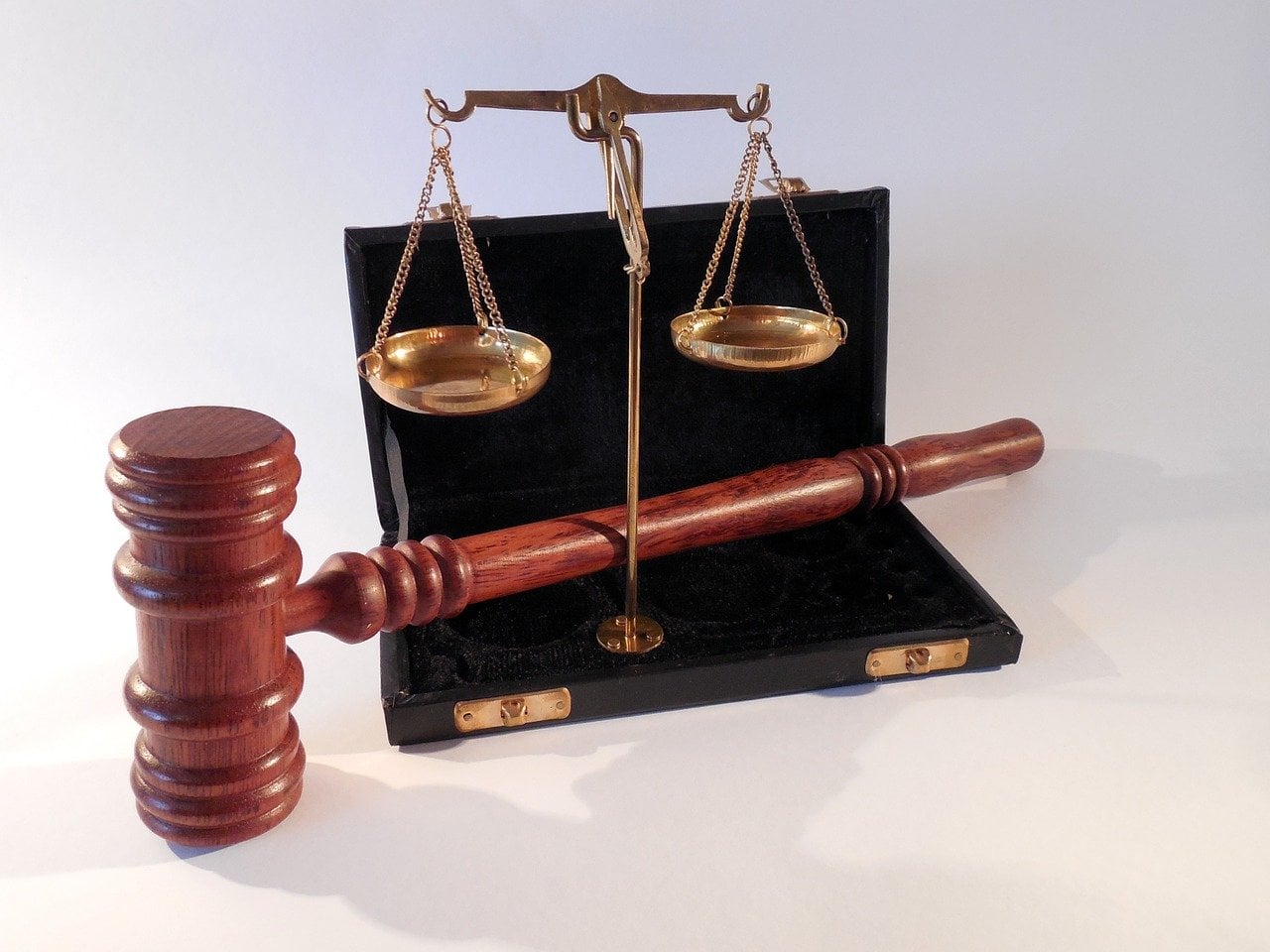As you likely know, the NYCBA’s Litigation Funding Working Group recently issued a report on litigation finance, addressing ethical concerns raised by the practice and practical solutions for how to resolve them. The group also plans to present its findings at an upcoming NYCBA meeting.
As the report continues to be discussed, here are a few insights from Paul Haskel and Jim Walker, attorneys at Richards Kibbe & Orbe LLP, whose article was cited in the NYCBA report. Paul and Jim have been closely monitoring the impact of litigation finance on the legal industry, particularly from an ethical standpoint, and have outlined their initial thoughts below.
Q4 2019 hedge fund letters, conferences and more
Concerns Over Litigation Funding
Paul Haskel and Jim Walker, Richards Kibbe & Orbe LLP:
“Our article regarding the stunned response to NY City Opinion 2018-5 is cited on the first substantive page in the report, so naturally we were looking for signs that the Report responded to these critiques. We appreciate that, having issued Opinion 2018-5, a working group of the New York City Bar could not denounce its shortcomings. Instead, the group was not limited by the Opinion in thinking broadly about the practice of litigation funding, the legitimate ethical concerns raised by the practice, and practical solutions to providing appropriate ethical guidance that addressed those concerns in a way that avoids overbroad pronouncements and is instead tailored to permit lawyers to structure litigation funding transactions so that they comply with specific ethical concerns.”
“The report appears to reflect a compromise between the more “academic” members of the Committee, who appear to prefer something closer to the original ethics Opinion, and the practicing litigators, who seek a somewhat more practical approach to litigation finance based on their experience in structuring these transactions. We believe it is important to engage in this debate, and appreciate that the result here is the recommendation (in one of two forms) of a modified version of Rule 5.4 that will be much more tailored to address the legitimate ethical and practical concerns inherent in litigation funding.”
Ethics and recommendations
“We were, however, somewhat disappointed that the Committee was unable to agree on a single recommendation, which weakens the force of the Report. As between Proposal A and Proposal B, it seems to us that the first was driven by Committee members more concerned with protecting less sophisticated, individual clients, while Proposal B was focused on more sophisticated corporate clients. We hope that an appropriate New York bar committee (possibly the New York State Bar Association’s Committee on Standards and Practice) will take this as an opportunity to reconcile these proposals and propose legislative changes consistent with the substantial research and study that resulted in these recommendations.”
"At present, the Committee’s work is only a recommendation. Unless one of these proposals or some variation thereon is implemented by the NY state legislature, it is not binding precedent, nor is it a rule of law. The original ethics Opinion remains outstanding. As such, practitioners still need to consider the Opinion in structuring any litigation finance transactions. The Committee Report may provide some useful guidelines, however, to the extent a practitioner believes that acting consistent with the Report’s guidance provides sufficient comfort in moving forward.”






